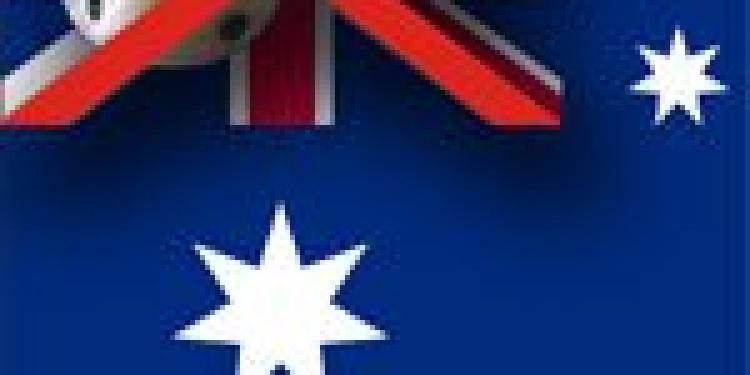Internet Gambling Causes Million Dollar Fraud in Australia
Posted: November 24, 2010
Updated: October 4, 2017
Legislators in Australia are looking to reform Australian gambling laws in the wake of 1.5 million dollars being embezzled from charity to fund internet gambling.

Legislators in Australia are looking to reform Australian gambling laws in the wake of 1.5 million dollars being embezzled from charity to fund internet gambling. Dinesh Enoka Abeysuriya was charged with stealing and confessed his guilt this week. Now lawmakers wish to “clean up” the gaming industry and implement prophylactic measures to prevent gambling addiction.
Abeysuriya, a finance clerk, deliberately inflated prices and double-billed vendors between March 2009 and April 2010. Twenty-six fraudulent transactions have been uncovered. Trading as “Blue Care”,the inevitable “extra” money was paid to United Care Queensland.
Abeysuriya spent most of the illicit loot on online sportsbooks in Australia. Once discovered, he attempted to flee to his hometown in Sri Lanka, but after being caught surrendered to Australian authorities. Thus far, only $600,000 has been recovered.
Gambling has been a key factor in several recent fraud cases. For instance, one woman convinced her family she needed over $300,000 to pay for brain cancer treatment, but then lost it to a casino.
Nick Xenophon, an Australian lawmaker is now leading an attempt to modify the structure of online gambling in Australia. As with many anti-gambling lobbyists, his campaign is using gambling addiction as an excuse to thwart legal gambling expansion. Willfully ignoring that fraud occurs when sufficient help is unavailable to the addicts, these campaign focuses on player losses.
Responsible internet gambling websites take measures to help valued customers protect themselves. For example, Go Wild Casino:
Abeysuriya, a finance clerk, deliberately inflated prices and double-billed vendors between March 2009 and April 2010. Twenty-six fraudulent transactions have been uncovered. Trading as “Blue Care”,the inevitable “extra” money was paid to United Care Queensland.
Abeysuriya spent most of the illicit loot on online sportsbooks in Australia. Once discovered, he attempted to flee to his hometown in Sri Lanka, but after being caught surrendered to Australian authorities. Thus far, only $600,000 has been recovered.
Gambling has been a key factor in several recent fraud cases. For instance, one woman convinced her family she needed over $300,000 to pay for brain cancer treatment, but then lost it to a casino.
Nick Xenophon, an Australian lawmaker is now leading an attempt to modify the structure of online gambling in Australia. As with many anti-gambling lobbyists, his campaign is using gambling addiction as an excuse to thwart legal gambling expansion. Willfully ignoring that fraud occurs when sufficient help is unavailable to the addicts, these campaign focuses on player losses.
Responsible internet gambling websites take measures to help valued customers protect themselves. For example, Go Wild Casino:
- Offers advice about how to gamble responsibly.
- Includes software features where players can set both deposit limits and time limits.
- Observes player requests for cooling off (self-exclusion) periods.
- Link to organizations like Gamblers Anonymous and the National Council on Problem Gambling.
- Implements player tracking and works to limit gambling patterns which seem out of control.
Related content
Subscribe
0 Comments












